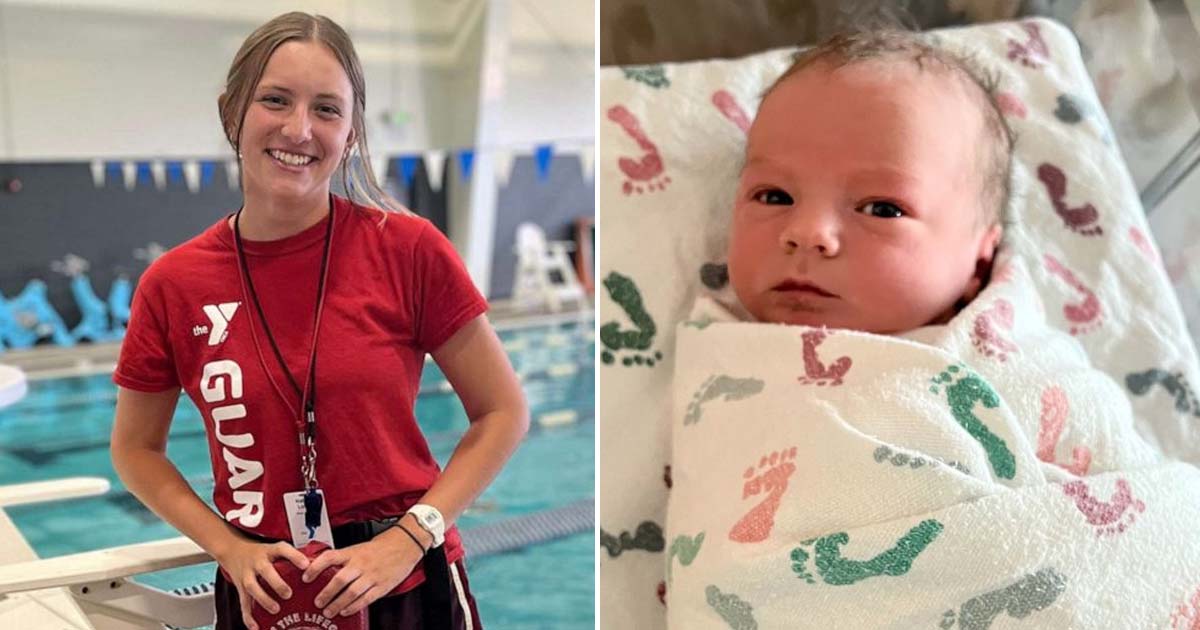Tragic deaths of mother and disabled son raise questions about caregiver support
A tragic case exposes gaps in support systems meant to protect vulnerable families.
In 2021, Shirley Nunn, 67, and her son Steven, 50, were found dead in their home in Middlesbrough, England. A new investigation reveals the devastating reality behind their deaths—one that could have been prevented with the right support.
Shirley Nunn was a devoted mother and full-time caregiver to her son Steven, who had suffered severe brain damage following a tragic accident at the age of 11. His condition—cerebral palsy and epilepsy—left him unable to live independently, and Shirley had been his primary caregiver for decades.
In 2021, Shirley was diagnosed with stage three lung cancer, which later spread to her brain, spine, and pelvis. Despite her declining health, her biggest concern was not her own fate but what would happen to Steven once she was gone.
A Domestic Homicide Review has revealed that Shirley was struggling with severe depression in the months leading up to her death, even expressing thoughts of suicide. However, her emotional distress went largely unnoticed by the authorities, despite her vulnerable condition.
“She broke down in tears twice, reflecting on how her condition was worsening,” the report stated.
A system that failed her?
In October 2021, Shirley was hospitalized due to complications from her cancer. She told hospital staff she wished to receive palliative care at home, and arrangements were made for her discharge.
Just two days later, tragedy struck. Shirley and Steven were found dead in their home—exactly two years to the day after her husband, Paul, had passed away from cancer.
The investigation into their deaths revealed that authorities missed crucial opportunities to intervene. The report stated:
“The severity of the cancer should have ensured attention was focused on [Ms. Nunn’s] psychological and care situation at the earliest opportunity but urgency of this was not fully understood by professionals. Her mental health should have been focused on as much as her physical health.”
It also emphasized that Shirley had always put her son’s well-being first:
“[Ms. Nunn] had cared for and loved her son throughout his life and without question had always prioritized his needs. We can only assume she felt there was no other option or alternative for [Steven’s] ongoing care and support needs and took what must have been the very difficult decision which resulted in their deaths.”
Could this tragedy have been avoided?
This heartbreaking story highlights a major issue: the lack of adequate mental health and caregiver support for people facing such dire circumstances. While Shirley’s physical health was addressed, her emotional distress was largely overlooked.
It raises important questions about our responsibility as a society. How can we ensure caregivers receive the mental health support they need? What more can be done to prevent tragedies like this from happening in the future?
Do you think this tragedy could have been prevented with better support? Share your thoughts.





